Determining the Frequency of Filter Replacements
Introduction
Water is the elixir of life, and clean water is essential for our health and well-being. Water filters play a crucial role in removing impurities and contaminants from our drinking water, ensuring its safety and quality. But like any other essential component, water filters need regular maintenance and replacement to function effectively. The question that often arises is, “How often do water filters need to be changed?” 💧
The answer to this question depends on several factors, including the type of filter, the quality of the water being filtered, and the frequency of use. However, as a general rule of thumb, most water filters should be replaced every 6 to 12 months.
Factors Affecting Filter Lifespan 💧💦
How often you use your water filter plays a significant role in its lifespan. Think of it like a car that gets more wear and tear if you drive it every day compared to once a week. The more you use your filter, the faster it will get clogged with impurities. So, if you have a large family or entertain guests frequently, you’ll need to change your filter more often than someone who lives alone and rarely uses their water filter.
General Guidelines for Replacement 💧
The frequency of filter replacement depends on your water usage patterns and the quality of your water. If you have a large household or use a lot of water, you’ll need to change your filters more often. Similarly, if your water is particularly dirty or contaminated, you’ll need to replace your filters more frequently.
Here are some general guidelines for filter replacement frequency based on average usage and water quality:
- Activated carbon filters: 2-3 months
- Reverse osmosis filters: 6-12 months
- UV filters: 12-18 months
Of course, these are just general guidelines. The best way to determine how often you need to change your water filters is to monitor your water usage and the quality of your water. If you notice any changes in the taste, smell, or appearance of your water, it’s time to change your filters.
Specific Filter Types and Lifespans
UV filters, short for ultraviolet filters, are a type of water filter that uses ultraviolet light to kill bacteria and viruses. They are often used in conjunction with other types of filters, such as activated carbon filters, to provide a more comprehensive level of water treatment. UV filters typically have a lifespan of 6-12 months, depending on the quality of the water and the frequency of use.
| Filter Type | Lifespan |
|---|---|
| Activated Carbon | 6-12 months |
| Reverse Osmosis | 2-5 years |
| UV | 6-12 months |
One of the advantages of UV filters is that they do not require any chemicals to operate. This makes them a good choice for people who are concerned about the potential health risks associated with chemical water treatment methods. However, UV filters can be more expensive than other types of filters, and they require a power source to operate.
Signs of a Clogged Filter 🚫
When your water filter is clogged, it can restrict the flow of water. You may notice that your faucet or showerhead is not delivering as much water as usual. This is a clear sign that it’s time to replace your filter.
Other Signs of a Clogged Filter:
- Strange Taste or Odor: If your water starts to taste or smell unusual, it could be a sign that your filter is clogged and not removing impurities effectively.
- Discolored Water: If your water appears cloudy or discolored, it could be a sign that your filter is not trapping particles and sediment.
- Slow Ice Production: If your refrigerator’s ice maker is producing less ice than usual, it could be a sign that your water filter is clogged and not allowing enough water to flow through.
- Increased Noise: If your water filter is clogged, it can cause your appliances to make more noise than usual. This is because the water is having to work harder to get through the filter.
HOW OFTEN DO WATER FILTERS NEED TO BE CHANGED ON YOUTUBE
Consequences of Not Changing Filters 🚫
Neglecting to change your water filters can have dire consequences for your health and well-being. 🤢 A clogged filter is a breeding ground for bacteria, viruses, and other contaminants that can make you sick. 🤒 Imagine drinking water contaminated with harmful microbes—it’s like inviting illness into your body!
Furthermore, a clogged filter can reduce water flow, making it difficult to get a refreshing drink or take a satisfying shower. 🚿 It’s like trying to squeeze water through a tiny straw—frustrating and ineffective. 🤬 Not to mention, a clogged filter can damage your appliances, leading to costly repairs. 💸 So, don’t be a filter procrastinator! Change your filters regularly to protect your health, your appliances, and your wallet. 💰
DIY Filter Replacement Instructions 🔧
Step-by-Step Guide
Replacing water filters doesn’t have to be a hassle! Here’s a simple step-by-step guide to get you through it like a pro:
- Turn off the water supply: Safety first! Shut off the water supply to the appliance you’re working on.
- Locate the filter: Find the filter housing, usually located under the sink or in the refrigerator.
- Remove the old filter: Twist or pull the old filter out of its housing.
- Insert the new filter: Align the new filter with the housing and push or twist it into place.
- Tighten the filter: Hand-tighten the filter until it’s snug but don’t overtighten.
- Turn on the water supply: Slowly turn the water supply back on and check for leaks.
- Run water through the filter: Flush the filter by running water through the appliance for a few minutes to remove any loose particles.
And voilà! You’ve successfully replaced your water filter. Remember, it’s like changing a lightbulb – easy peasy!
Professional water filter maintenance is like having a superhero sidekick for your water filtration system! These experts can swoop in and save the day when your filters need some extra TLC. They’ll assess your water quality, recommend the best filters for your needs, and make sure everything is running smoothly. It’s like having a personal water guardian, ensuring your water is crystal clear and safe to drink. 💧
Maintaining your water filters is crucial for ensuring clean and safe drinking water. Here are some handy tips to help you extend the lifespan of your filters and keep them working at their best:
- Reduce Sediment Buildup: Sediment can clog filters prematurely. Use a pre-filter or sediment filter to remove large particles before they reach the main filter.
- Avoid Overloading: Don’t overload your water filter with too much water. This can strain the filter and reduce its efficiency.
- Proper Maintenance: Regularly clean and maintain your water filter according to the manufacturer’s instructions. This includes rinsing, backwashing, or replacing filter cartridges as needed.
- Use the Right Filter: Choose the right filter type for your specific water needs and usage. Consider the water quality in your area and the size of your household.
- Monitor Water Flow: Pay attention to the water flow from your filter. If it becomes slower, it could indicate a clogged filter that needs replacement.
Conclusion
Water filters are the unsung heroes of our homes, silently protecting us from harmful contaminants in our drinking water. To ensure they continue to work effectively, regular replacement is crucial. Just like the oil filter in your car, water filters need to be changed periodically to maintain optimal performance.
Remember, changing your water filter is not just about clean water; it’s about protecting your health and well-being. So, make it a habit to check your filters regularly and replace them as recommended. Your body will thank you for it! 💧
CHOOSING HOME WATER FILTERS & OTHER WATER TREATMENT SYSTEMS | CDC
IN-HOME WATER FILTRATION OPTIONS FOR HOUSEHOLD DRINKING WATER
HOW TO CHANGE APEC WATER FILTERS
HOW WATER FILTERS ARE MADE
HOW DO BERKEY WATER FILTERS WORK
HOW GOOD ARE WATER FILTERS
HOW TO CLEAN BERKEY WATER FILTERS

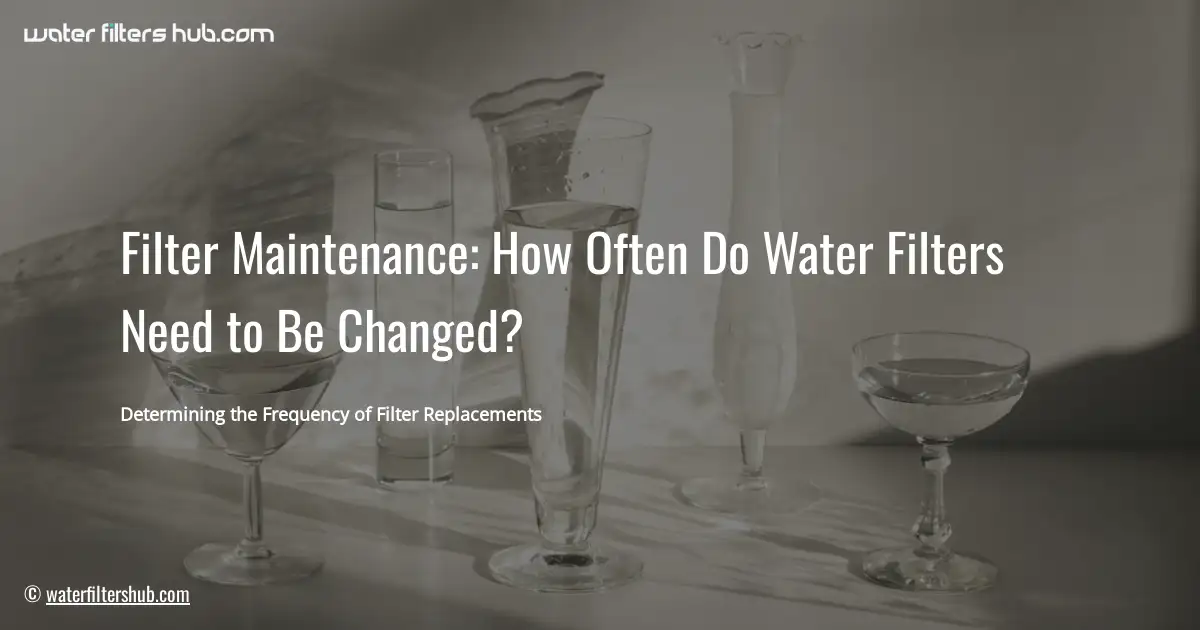
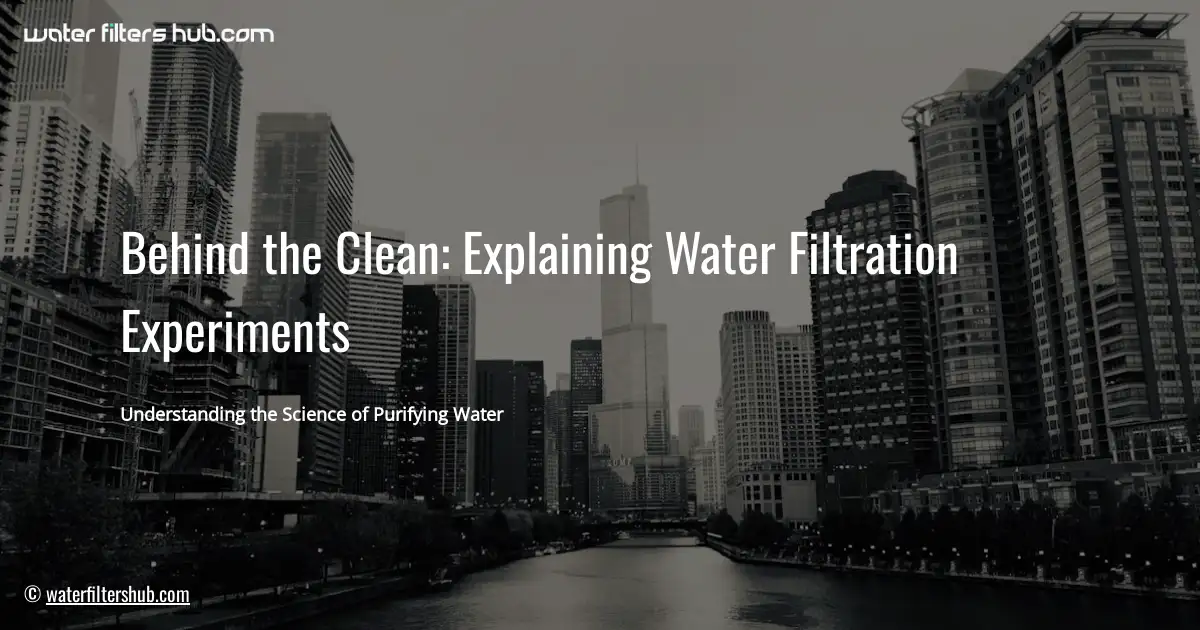
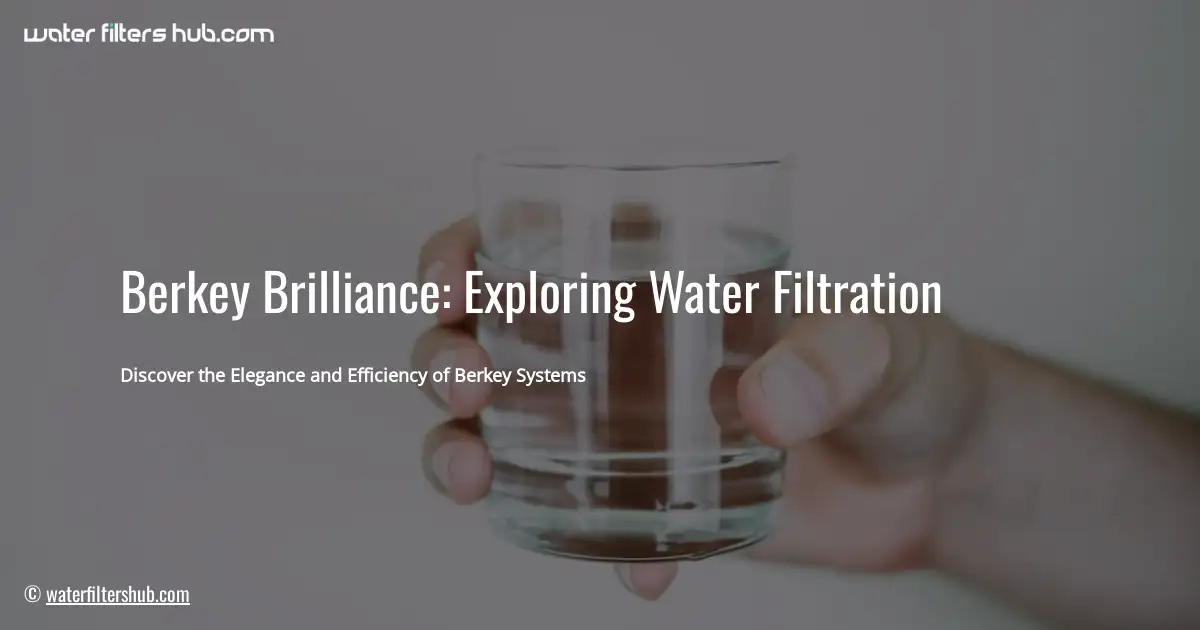
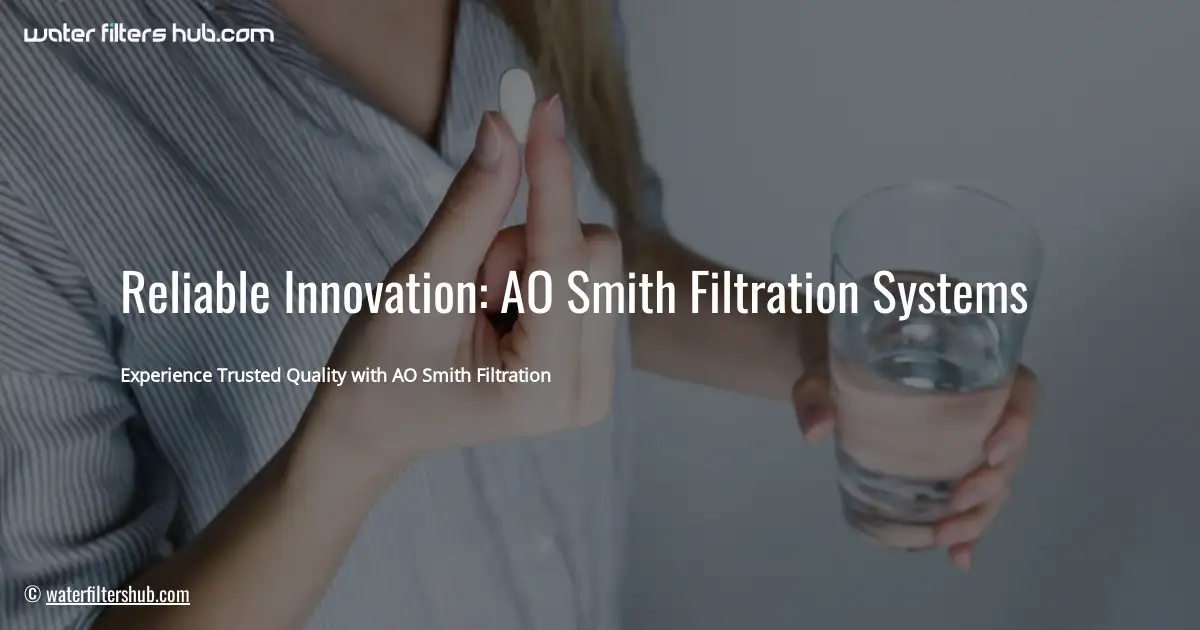

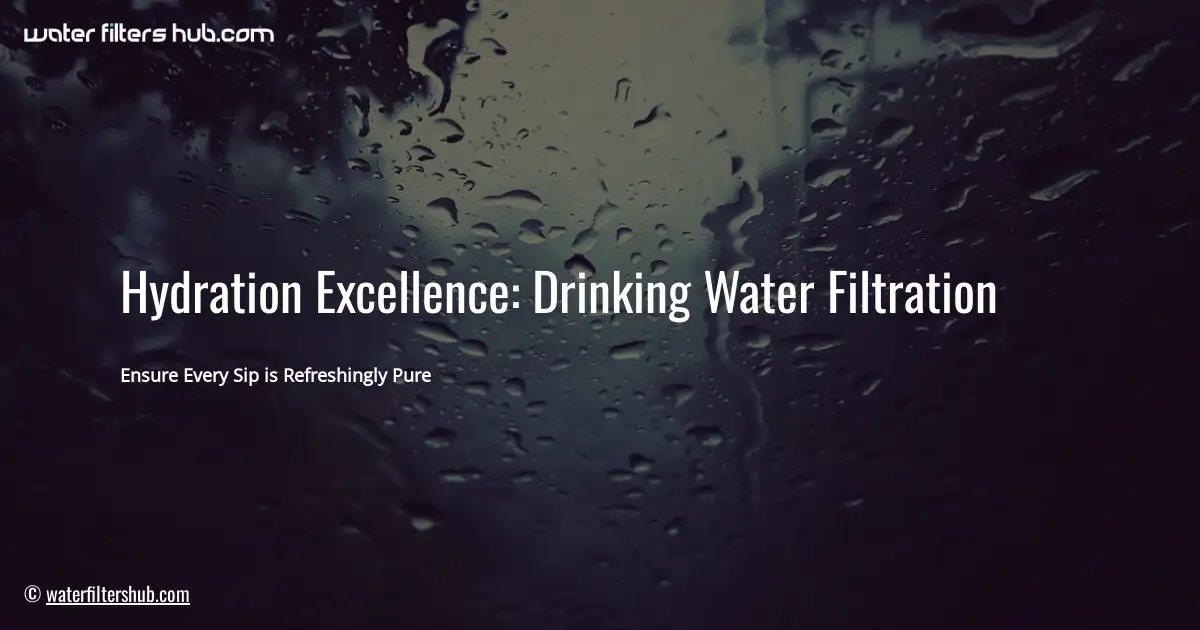
Leave a Reply